
Real-Time Location Tracking Essential for Fleets in 2025
Real-time location tracking enhances fleet efficiency, safety, and sustainability through GPS, AI, and 5G technology, supporting operational optimisation and compliance in service businesses.

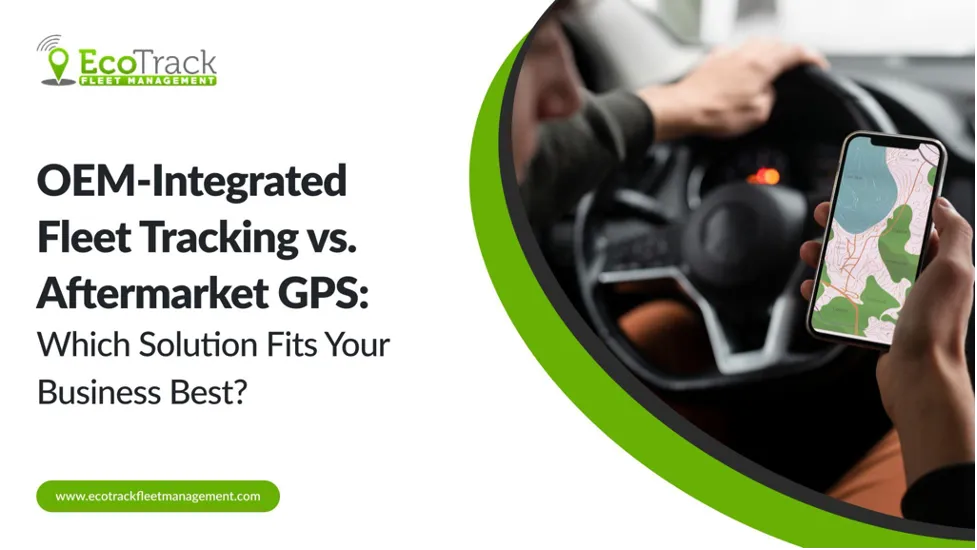
OEM vs Aftermarket GPS Fleet Tracking: Evaluating Business Fit
This analysis compares OEM-integrated and aftermarket GPS fleet tracking, assessing factors like deployment, flexibility, and cost to guide business decisions on fleet management solutions.

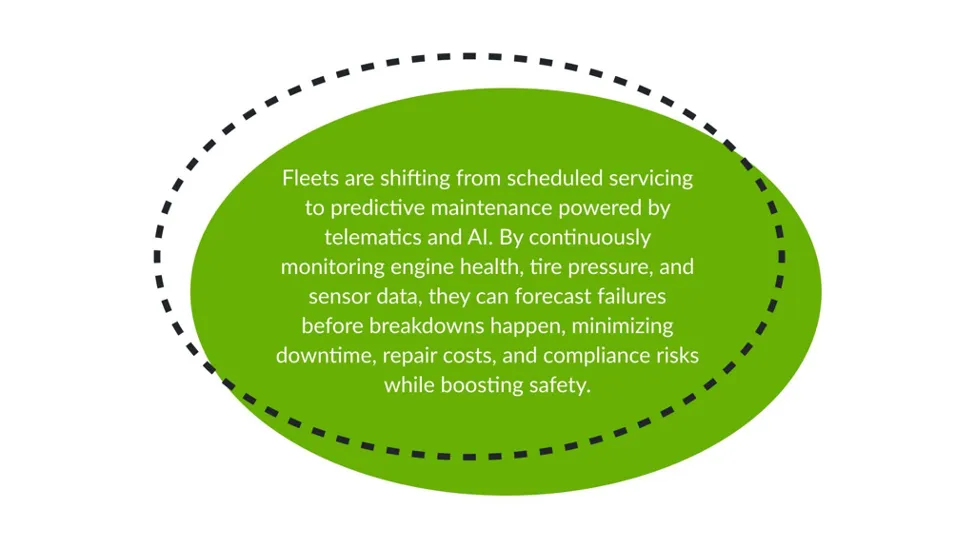
Key GPS Fleet Management Trends for 2025
In 2025, GPS fleet management evolves through predictive maintenance, AI-driven routing, IoT integration, enhanced safety systems, and automation to improve operational efficiency and reduce costs.

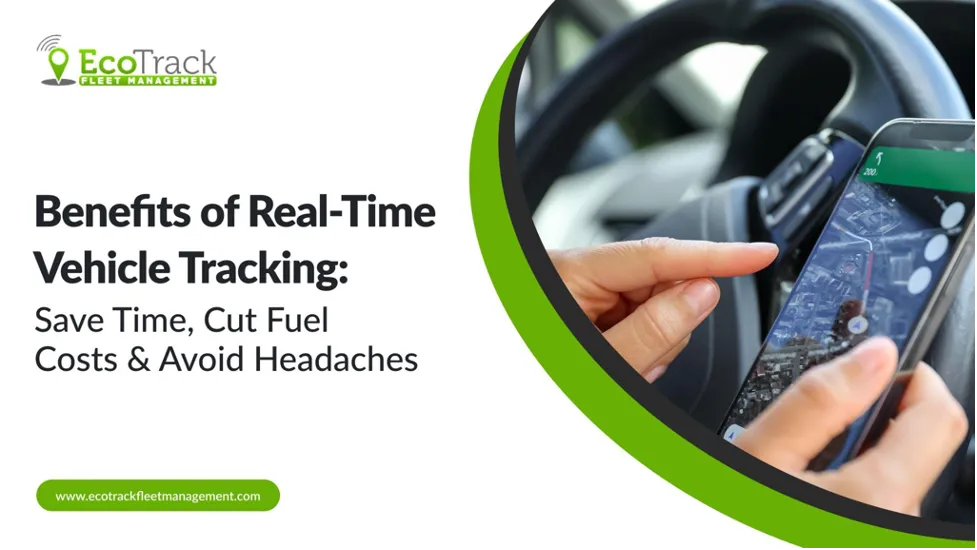
Benefits of Real-Time Vehicle Tracking for Fleet Management
Real-time vehicle tracking enhances fleet visibility, optimises routes, improves safety, reduces costs, and increases operational efficiency, supporting better customer service and asset protection.


Key Features to Select Dash Cams for Commercial Fleets
This guide outlines seven essential dash cam features crucial for commercial fleets, emphasising video quality, GPS tracking, cloud storage, real-time alerts, dual-lens cameras, and professional installation to optimise fleet management.


Impact of Vehicle Idling on Fleet Costs and Maintenance
Extended vehicle idling in fleets increases fuel consumption, accelerates engine wear, and raises maintenance costs, impacting operational efficiency and regulatory compliance.

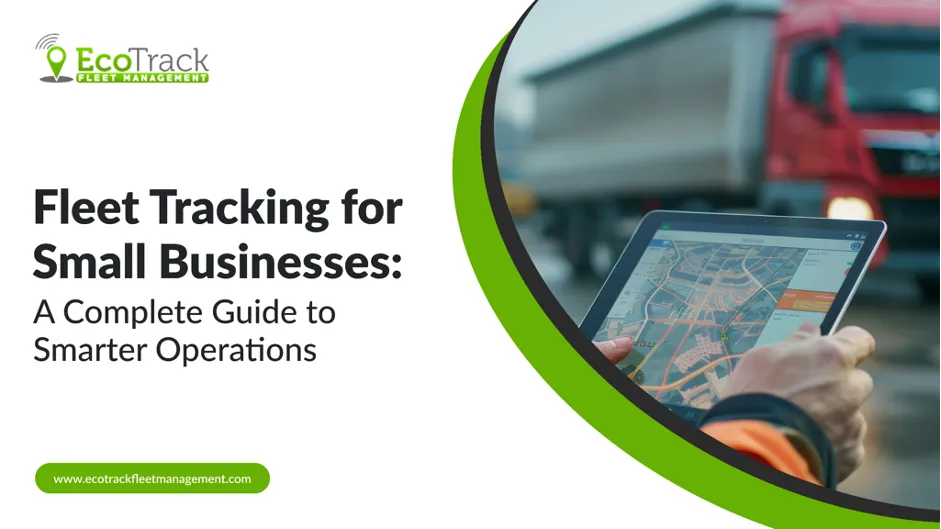
Fleet Tracking for Small Businesses Improves Operational Efficiency
Fleet tracking systems for small businesses provide real-time vehicle data, enhancing efficiency, reducing fuel waste, and supporting maintenance, improving overall operational control and cost management.

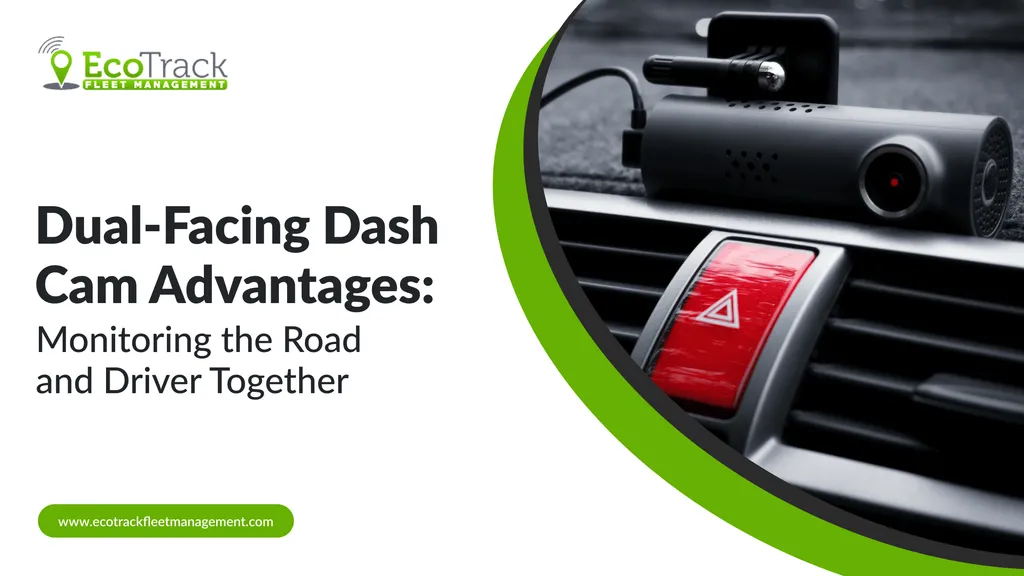
Benefits of Dual-Facing Dash Cams for Fleet Management
Dual-facing dash cams provide comprehensive road and driver monitoring, enhancing fleet safety, reducing claims costs, improving compliance, and supporting operational efficiency through real-time cloud access.


Front and Rear Dash Cams Enhance Fleet Risk Management
Dual front and rear dash cams provide comprehensive visibility that aids in faster claims resolution, reduces liability, supports driver training, and lowers fleet operating costs.


Key Benefits of Dash Cams for Fleet Management
Dash cams provide fleet operators with real-time monitoring, driver behaviour insights, incident evidence, and cost reduction through insurance savings and improved safety compliance.

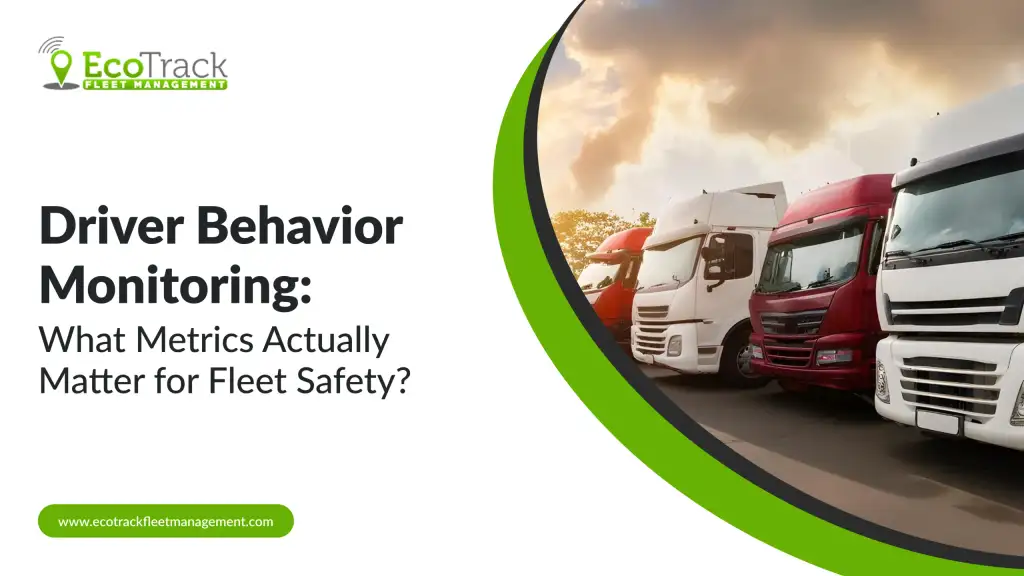
Key Driver Metrics for Enhancing Fleet Safety
This analysis outlines critical driver behaviour metrics that impact fleet safety, emphasising data-driven monitoring and real-time coaching to reduce risk and operational costs.


AI Dash Cams Enhance Fleet Safety and Driver Coaching
AI dash cams proactively detect risky driving behaviours, provide real-time alerts, and support data-driven coaching, thereby reducing collisions and improving fleet safety management.

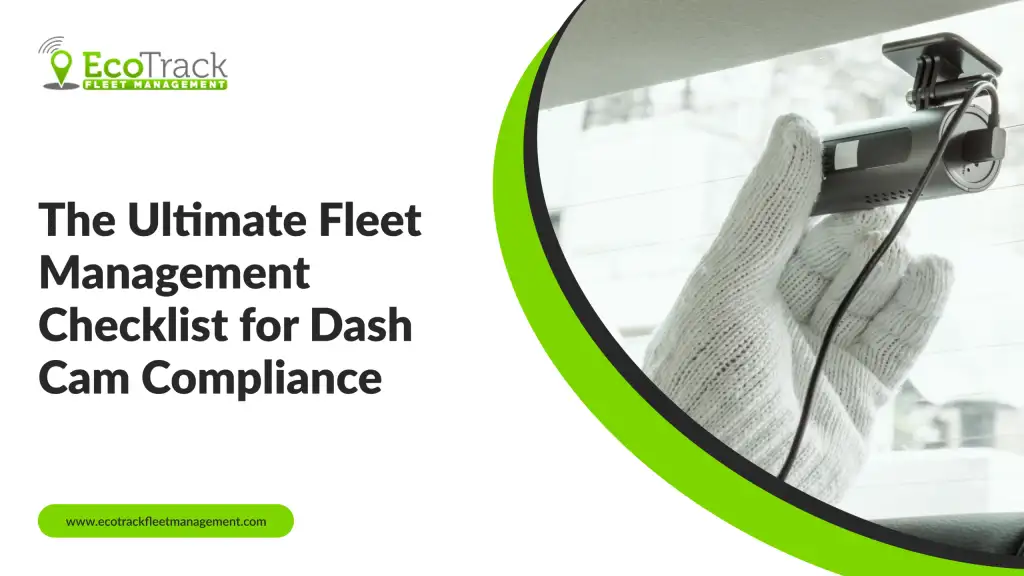
Fleet Management Checklist for Dash Cam Legal Compliance
This guide outlines legal requirements and best practices for dash cam use in commercial fleets, including installation, audio recording consent, data retention, and driver notification.

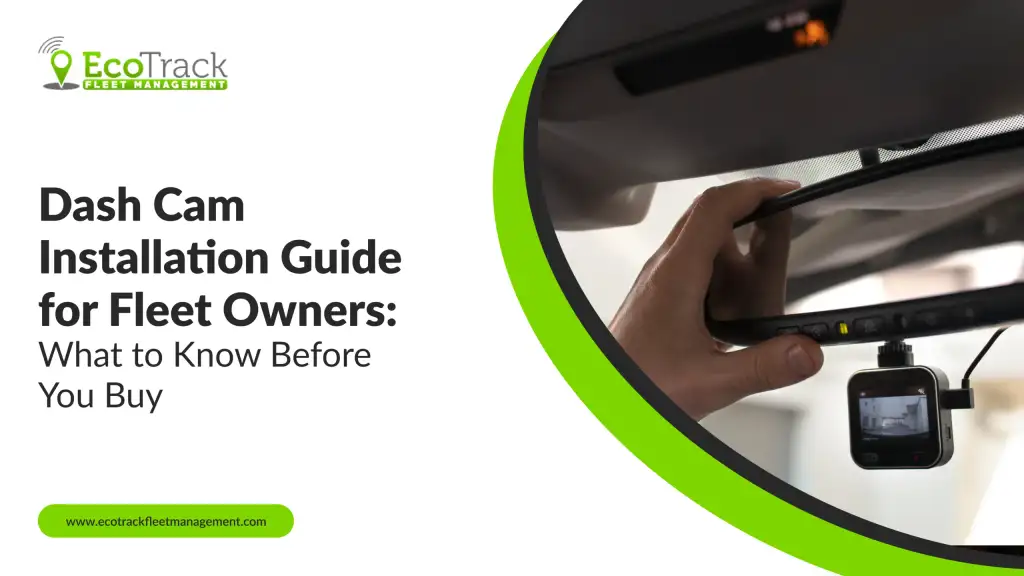
Key Considerations for Dash Cam Installation in Fleets
Dash cam selection and professional installation are critical for fleet safety, legal compliance, and operational efficiency, ensuring reliable evidence and supporting driver coaching.

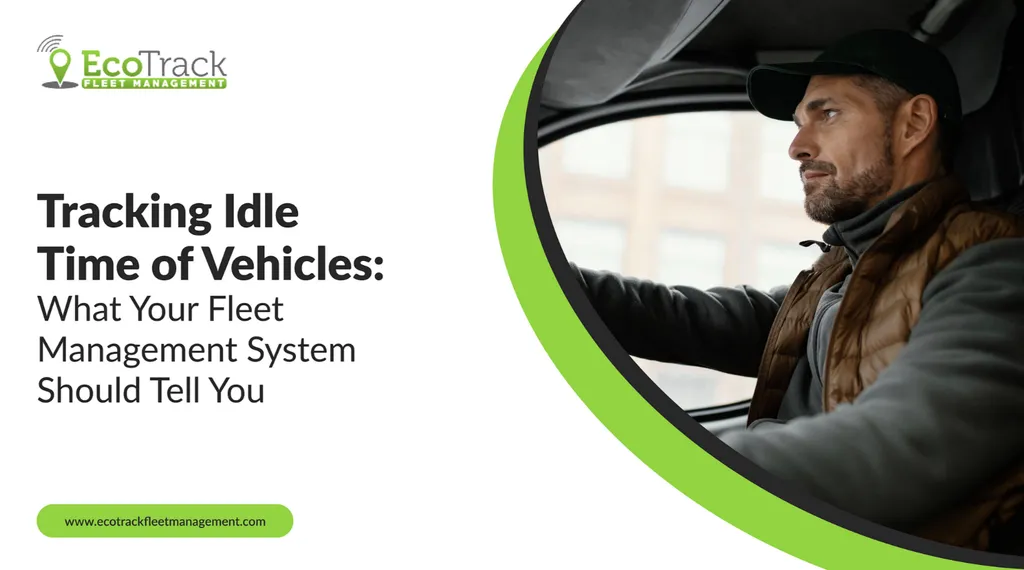
Optimising Fleet Efficiency Through Vehicle Idle Time Tracking
Tracking vehicle idle time identifies cost inefficiencies in service fleets. Advanced fleet management systems provide real-time data, alerts, and reports to reduce fuel waste, maintenance costs, and regulatory risks.


Impact of Driving Behaviour on Fleet Safety Management
Harsh braking and acceleration serve as indicators of risky driving, prompting fleet managers to implement proactive safety measures and coaching to mitigate road accident risks.


Fleet Management Benefits for Service Businesses
Fleet management enhances efficiency, safety, customer service, and cost savings for service businesses through GPS tracking and dash camera technologies.


Importance of Fleet Management for Service Businesses
Effective fleet management enhances efficiency, safety, and customer satisfaction while reducing costs for service-oriented businesses.

Fleet Management's Role in Protecting Company Reputation
Effective fleet management improves driver behaviour, enhances safety, and mitigates reputation risk through monitoring, ultimately fostering stronger customer relations.
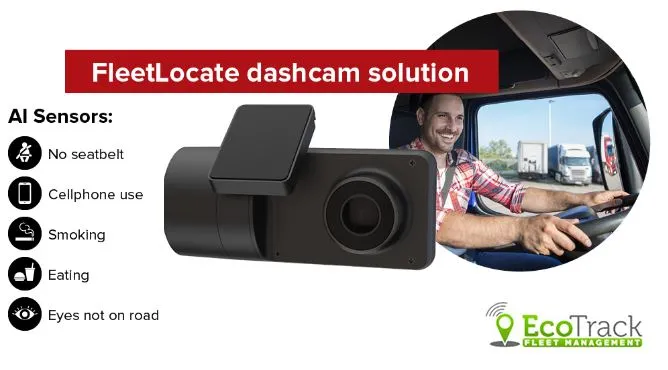
Risks of Using Consumer Cameras for Fleet Management
Consumer-grade cameras lack reliability, real-time alerts, behaviour tracking, and cloud integration, limiting their effectiveness and return on investment in fleet management.

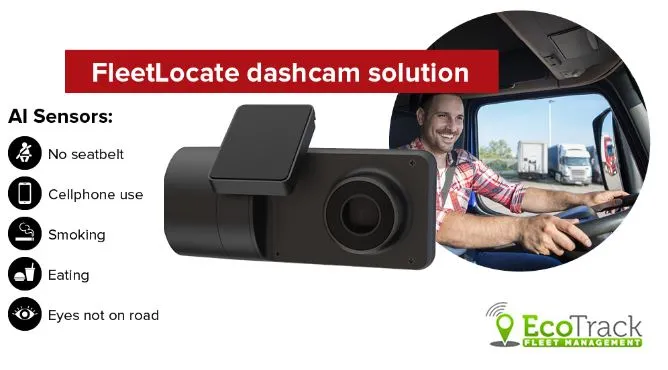
Consumer Cameras: Risks for Fleet Management Solutions
The use of consumer-grade cameras in fleet management poses risks including reliability issues, lack of monitoring features, and insufficient data recording capabilities.


Strategies to Reduce Commercial Fleet Insurance Costs
Commercial fleet insurance costs can be managed by implementing GPS tracking, enhancing driver behaviour, ensuring regular vehicle maintenance, and reducing theft risk, thereby optimising operational efficiencies.


Strategies to Reduce Commercial Fleet Insurance Expenditure
Implementing GPS vehicle tracking can enhance driver behaviour, safety, and maintenance, leading to reduced commercial fleet insurance costs and improved overall fleet management.


Introducing In-Cab Cameras to Fleet Drivers
Effective strategies for introducing in-cab camera technology to drivers, focusing on benefits, compliance, and coaching for improved safety and liability management.


Understanding the Benefits of Driver Scorecards
Driver scorecards provide actionable insights into driver performance, enhancing safety, efficiency, and profitability for fleet management operations.


Dashcams Enhance Fleet Safety and Cost Management
Dashcams combined with GPS tracking provide fleet managers with data to improve driver safety, reduce accidents, lower insurance costs, and support operational efficiency.


Dashcams Enhance Driver Safety and Reduce Fleet Costs
Fleet managers are leveraging dashcam technology and video metrics to improve driver safety and manage costs associated with accidents and insurance.


Implementing Driver Rewards Programs for Fleet Efficiency
A rewards program for drivers can enhance fleet safety, engagement, and efficiency, leveraging scorecards and incentives to improve overall performance and morale.


Strategies for Preventing Side Jobs in Fleet Management
Fleet managers can prevent side jobs through clear policies, GPS tracking, dashcams, employee engagement, and transparent communication to protect assets and ensure operational efficiency.


Managing Fleet Operations to Prevent Unauthorized Work
Effective fleet management involves preventing side jobs through policies, tracking technologies, and open communication to safeguard investments and maintain reputation.


Implementing Competitive Elements in Fleet Driver Training
Fleet managers can enhance driver safety through competitive strategies, using tools like scorecards and dashcams to promote accountability and track performance.


Fleet Management Strategies for Enhanced Reputation Control
Effective fleet management can mitigate reputational risks through driver education, monitoring technology, and proactive response strategies to complaints.


Enhancements in Fleet Safety Through Dash Cam Utilisation
Dash cams significantly improve fleet safety by aiding driver training, providing real-time alerts, and enhancing accident investigation processes, thereby minimising liability risks.


Seven Benefits of Dash Cams for Fleet Safety Enhancement
Dash cams augment GPS tracking by providing driver behaviour insights, enhancing safety through real-time alerts, coaching, risk assessment, incident recording, and theft prevention.

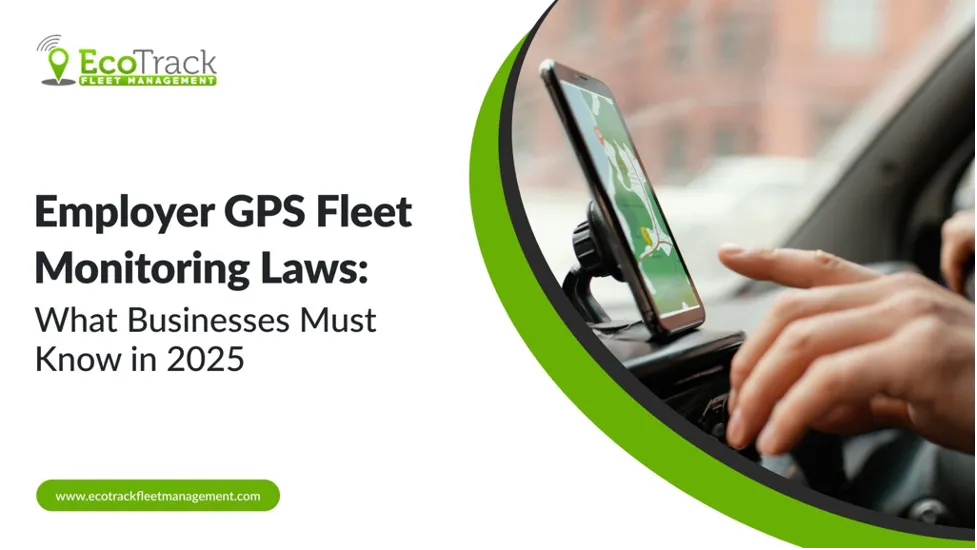
Key Legal Considerations for GPS Fleet Monitoring in 2025
Businesses must navigate varied state and federal laws on GPS fleet tracking in 2025, ensuring compliance through clear policies, employee consent, and privacy safeguards to mitigate legal risks.


Legal Overview of GPS Fleet Monitoring and Dash Cam Use
GPS fleet monitoring, including driver-facing dash cams, is generally legal with usage contingent on consent, transparency, and compliance with local regulations.


Legal Considerations for GPS Fleet Monitoring
GPS fleet monitoring is legal but requires transparency and driver consent to avoid privacy issues. Firms should establish clear usage policies to ensure compliance.


Establishing an Effective Fleet Safety Programme
Developing a fleet safety programme can reduce insurance costs and improve operational efficiency through technology and driver engagement strategies.


GPS Tracking Enhances Construction Equipment Management
GPS tracking systems support construction firms by improving asset utilisation, preventing theft, facilitating maintenance scheduling, and enhancing operational efficiency and safety.


Benefits of GPS Tracking for Construction Equipment
GPS tracking systems enhance asset monitoring, theft prevention, and maintenance efficiency in the construction industry, leading to improved productivity and cost savings.


Enhancing Fleet Maintenance with GPS Tracking Solutions
GPS tracking technology facilitates proactive fleet maintenance, enabling automated service schedules, real-time diagnostics, and improved driver behaviour to optimise operational efficiency.


Optimising Fleet Maintenance Using GPS Tracking Solutions
Utilising GPS tracking can enhance fleet maintenance, reduce costs, and improve operational efficiency through proactive service scheduling and real-time diagnostics.


Strategies for Reducing Idle Time in Truck Fleets
Several strategies can help fleet managers minimise idle time, reducing costs and environmental impact while optimising resource allocation and efficiency.


Benefits of Fleet Tracking for Small Business Operators
Fleet tracking offers small businesses enhanced vehicle management, reducing costs and liability while improving driver safety and operational efficiency.


Benefits of Fleet Tracking for Small Businesses
Fleet tracking offers small businesses enhanced vehicle oversight, improved driver behaviour, maintenance scheduling, route optimisation, liability reduction, and operational cost savings.


Understanding the Costs of Fleet Vehicle Tracking Systems
This article outlines the various costs associated with vehicle tracking systems for fleets, including hardware, software, and installation options to enhance operational efficiency.




